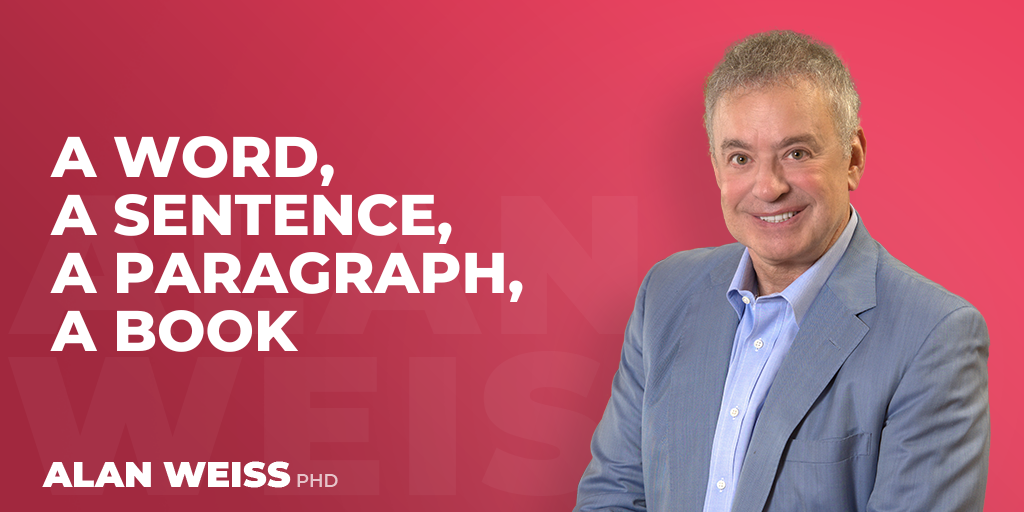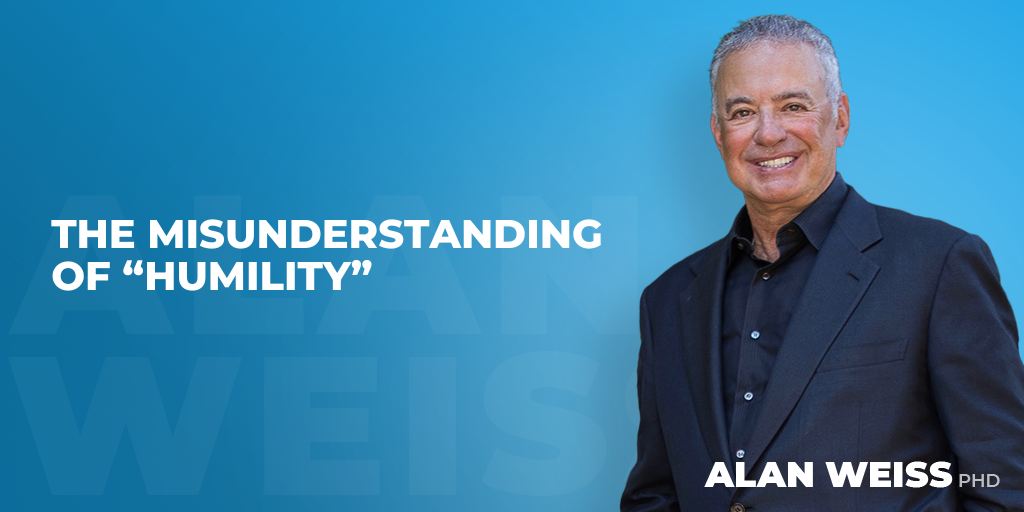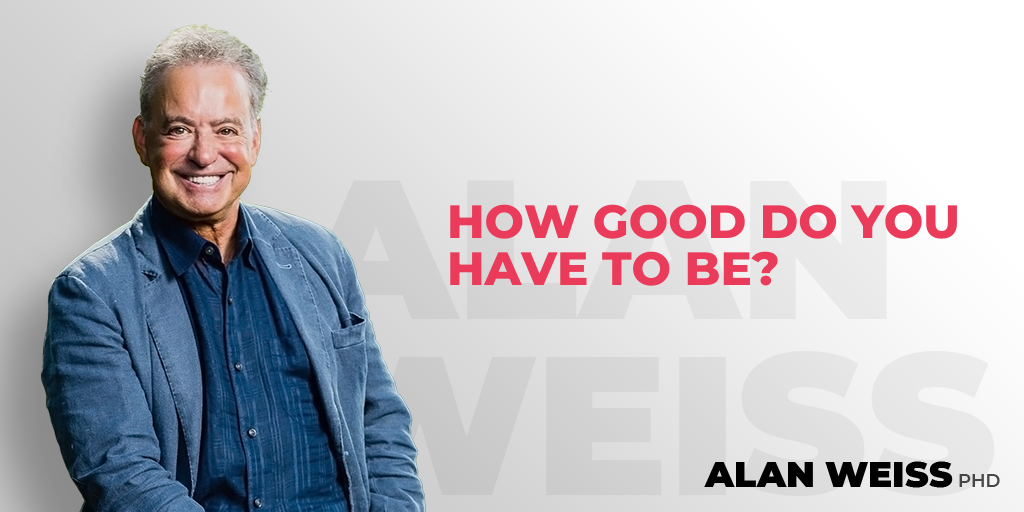When You Can’t Win Enough
As consultants, we have to guard against the insidious dynamic of “not being able to win enough.” It’s often an external stimulus: “Nice sales job this year, but of course you didn’t break that record set in 1988.” Or: “It’s wonderful that Stanford accepted you early admission. Your cousin, Rachel, did that with Stanford AND Harvard, remember?”
However, this is often an internal issue, especially with people whom we coach. When Jim Collins’s fine book appeared, everyone was talking about going from “good to great,” but very few knew what that meant, or how they’d know when they made progress toward “great.” Remember Michael Hammer and “reengineering”? Everyone wanted to “reengineer,” though few would know it if they tripped over it, and some probably believed it meant running a locomotive.
When coaching clients say they want to be “extraordinary leaders,” “outstanding managers,” “state-of-the-art financial experts,” or “world class strategists,” ask them exactly how that condition would differ from their current one. I just completed my second annual Thought Leadership Workshop for two dozen people, and one major issue is: What are the traits that describe and typify a thought leader? With that knowledge you can tell what you should be achieving and measuring.
Do you want to be regarded as the top consultant in supply chain management? Or does your client want to be acknowledged as the finest sales executive in the industry? What would that look like and how would others know?
If you don’t pursue that level of specificity, you wind up in tendentious discussions about “best” and “ahead of the curve” and “innovative.” But those contribute to an amorphous mess if you can’t really specify what the “best” would be compared to “non-best.” When you are specific—with yourself or with your clients—you create the environment for clear objectives, crisp metrics, and obvious value, and concomitant high fees.
You can also discriminate among the important and not so important. A pharmaceutical firm needs world-class chemists, but probably not world-class accountants. The book that you write doesn’t have to be a best-seller, but only has to get you into a few dozen key new clients.
TIAABB: There Is Always A Bigger Boat. Don’t pursue grandeur for its own sake. Pursue reasonable growth goals. If you do that consistently, you’ll be in a very comfortable boat, with the wind and spray in your face, and others in your wake.
© Alan Weiss 2011. All rights reserved.






